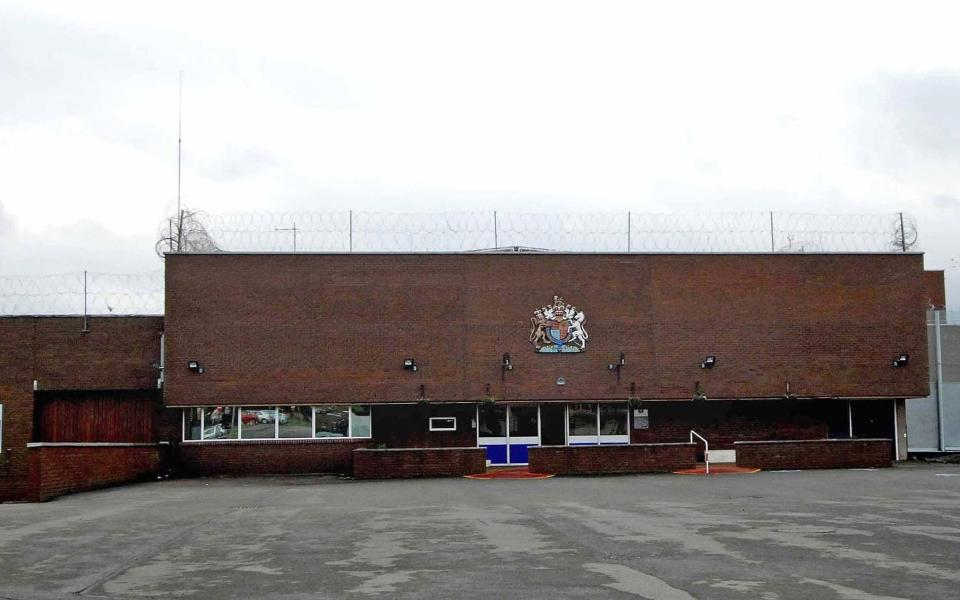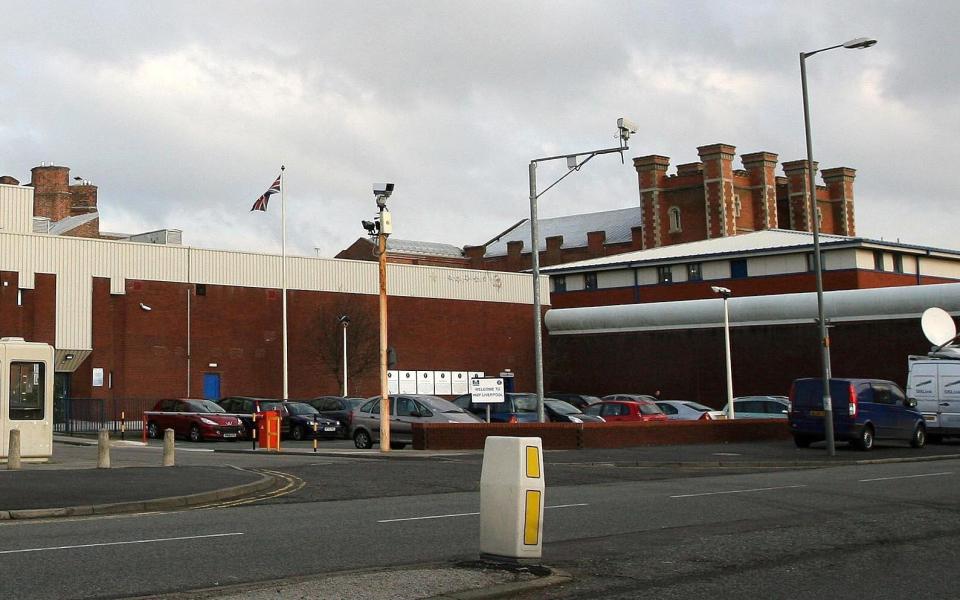Dangerous prisoners refused parole receive hundreds of pounds in compensation due to delays
Dangerous prisoners are each receiving hundreds of pounds of compensation because of delays to the parole process. - even if they are turned down for early release.
A report from the public spending watchdog found that violent criminals have been paid more than £1million over the past four years in compensation because they have not been released on time.
The cash was paid to criminals who were eventually released – and to those who had to remain in prison because they were deemed to be too dangerous.
The National Audit Office found that £1.1 million was paid in compensation to prisoners since 2011/12 as a result of delayed hearings.
More than half a million pounds – £554,000 was paid out by the Parole Board for England and Wales in 2015/16 - more than five times higher than the £87,000 paid in 2012/13.
The delays were caused by a requirement under the Human Rights Act since 2013 for offenders to be granted an oral hearing by the parole board, resulting in a 140 per cent increase in outstanding cases.
The NAO said that “backlog means some prisoners may have spent longer in prison than needed”.
The board is responsible for deciding whether prisoners can be safely released from prison, and advising on movement between closed and open prisons across England and Wales.
Prisoners who are a significant risk to the public, were convicted of violent or sexual offences, or have been sentenced to over four years in jail have to apply for parole after serving a minimum term.
The NAO said delays mean some prisoners may have spent longer in jail than they would have if their parole hearing had been held sooner.
Convicts can claim at a rate of around £50 per month of delay if they are turned down for parole.
If they are released following a delay, they can claim at a rate of around £650 per month.
The board received 463 private law damages claims in 2015-16, a fivefold increase in just 12 months.
The NAO report said: "As the board attempts to reduce the backlog of outstanding cases, it will crystallise its liability for an increased number of potential compensation claims, and compensation costs may increase."
The number of outstanding cases increased by more than 140 per cent following the ruling, reaching a peak of 3,163 in January 2015, according to the report.
It found the board's ability to reduce the backlog is limited by the number of cases that can be listed per month.
And once scheduled, hundreds of hearings are deferred or adjourned, often because reports are unavailable or incomplete.
As well as growing costs relating to compensation payments, the board spending on members' fees increased because of a requirement for more oral hearings.
Liberal Democrat home affairs spokesman Alistair Carmichael MP said: “This is an appalling waste of resources. It also means people are being kept behind bars longer than is necessary, fuelling the overcrowding in our prisons.
“The Government must fix the failing parole system before more taxpayers’ cash is wasted.”
A Ministry of Justice spokesman said the department was “working hard to reduce the backlog of cases” and had recruited more parole board members.
She said: “We have set up a new unit to tackle this issue and are working with the Parole Board to improve the efficiency of the process."

 Yahoo News
Yahoo News 

